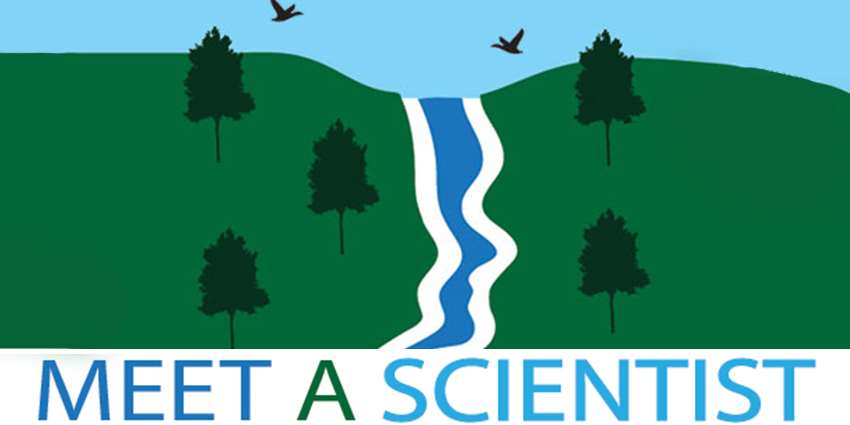Dr. Allen Berthold may have grown up dryland farming, but that doesn’t mean he’s not making waves now. As a research scientist at the Texas Water Resources Institute (TWRI), Berthold helps coordinate various research and extension projects involving water planning, assessment and conservation.
“Growing up farming, we always knew water was one of the most important issues, so because of it, I became interested in water related research and education,” Berthold said.
Berthold’s interest in water conservation inspired him to earn his doctorate in agricultural leadership, education, and communications from Texas A&M University in 2014. His doctoral work for the Arroyo Colorado Watershed Protection Plan focused on evaluating educational needs and barriers to adopting water management practices as well as assessing program effectiveness, he said.
“What I learned through the process as well as listening in several public meetings, is that there was a discrepancy between what agency people thought producers wanted to learn and what they (producers) actually wanted to learn,” he said.
Berthold’s doctoral work resulted in two new projects focused on delivering the appropriate water education programs to farmers and landowners, he said. “My dissertation is done, but the recommendations are moving forward.”

Now, as a research scientist, Berthold’s primary responsibilities include securing funding for projects and water-related research. “We work with stakeholders all across the state to develop watershed protection plans, total maximum daily loads and implementation plans, which are essentially strategies for improving water quality,” he said.
A current research project Berthold is excited about involves urban water conservation. Berthold and his team have used advanced metering infrastructure (AMI), an integrated water usage metering system, to develop a unique educational program for residents in the North Texas city of Arlington.
AMI enables more detailed water-use information, down to an hourly scale, which is stored at the meter and then transmitted to the city daily. Working closely with the city, Berthold and his team then load that data into a web portal where homeowners can log in and check their water use.
Access to more immediate and detailed water data can inform homeowners of any excess use throughout the day. For example, some residents “have found that something’s wrong with their sprinklers, either with a leak or their timer control system,” Berthold said.
Consistent and unexplained usage throughout the day can indicate a problem with the home water system. “If there’s continuous usage during the day as well as the night, there must be a leak,” he said.
Other features of the web portal include the ability to view water consumption in terms of cost, manage multiple meters and set water usage limits.
Berthold believes individuals’ actions to conserve water play a critical role in the state’s water situation.
“Every homeowner should really pay attention to the amount of water that they’re using, be it indoors or outdoors,” he said. “They can look for ways to use less, change their habits just a little bit, maintain their fixtures, like their toilets or faucets, and really make a difference in the long run.”
Looking to the future, Berthold said he will continue to both work with landowners to develop strategies to improve water quality as well as work to improve urban water conservation.
“It is great when you can help people achieve their goals, whether it be to improve water quality or just reduce the amount of water that is used around their home.”
For more information on Berthold’s work, see his staff page, and for more information on the AMI projects, read this txH2O article and this Conservation Matters article.

